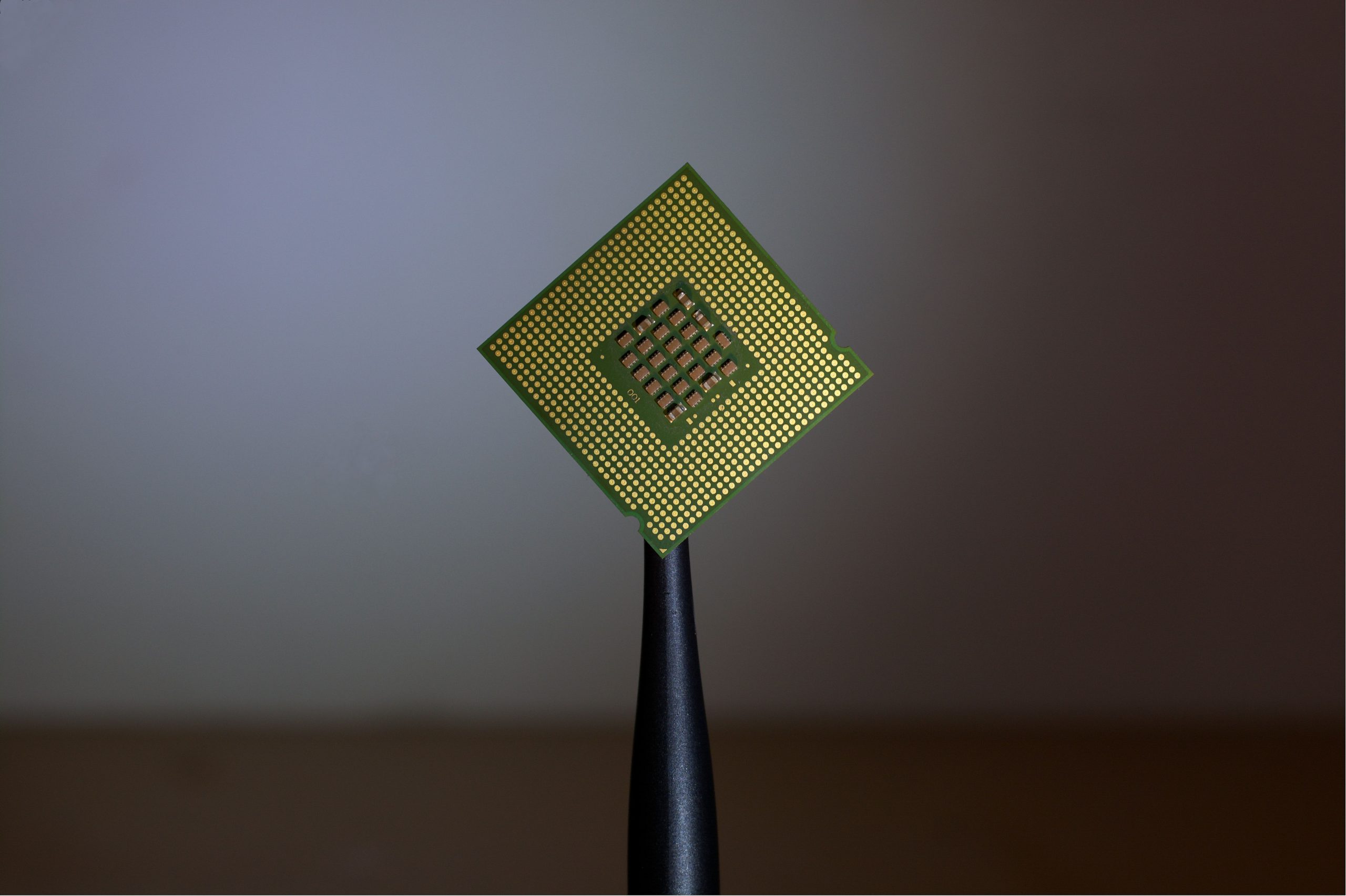US President Joe Biden on Friday published a series of rules that are aimed at cutting off the export of AI semiconductor chips made using American equipment to China. This includes American software and tools being used across the world.
The rules build on restriction that the government set in place earlier on companies like KLA, Lam Research and Applied Materials, and now require them to stop exporting equipment used to produce advanced logic chips to China. With the new regulations, the US has effectively changed its policy towards shipping technology for the first time since the 1990s.
“The PRC has poured resources into developing supercomputing capabilities and seeks to become a world leader in artificial intelligence by 2030. It is using these capabilities to monitor, track, and surveil their own citizens, and fuel its military modernization,” said Assistant Secretary of Commerce for Export Administration Thea D. Rozman Kendler in a press release.
Also Read | How Joe Biden’s new chip-making rules affect Beijing
What are the new rules for chip-makers?
The Department of Commerce’s Bureau of Industry and Security released a document called the Implementing Controls Related to Advanced Computing and Semiconductor Manufacturing on October 7.
The document targets two areas of concern, which are:
1) The rule imposes restrictive export controls on certain advanced computing semiconductor chips, transactions for supercomputer end-uses, and transactions involving certain entities on the Department of Commerce’s Entity List (it is a list of organisations, governments and individuals that are restricted from trading with the US)
2) It imposes a set of new controls on specific semiconductor manufacturing items and transactions.
Also Read | Intel jobs may be hit by slumping PC sales: Report
The new rules mean that specific chipsets now come under the Commerce Control List. The CCL determines which products require a license to export and which do not. In addition, the new document adds new license requirements for high-powered semiconductor chips that are to be exported to China.
Manufacturers of certain sizes of chips will also face new licensing requirements, this includes chips that are 16 nanometers, 14 nanometers or less.




